
You might not know it, but inflammation plays a big role in our daily lives. Inflammation is essentially your body’s protective response to a stressor or harmful stimulus. These include bacteria, viruses, toxins, irritants, and physical trauma that cause cell damage. Our body uses inflammation as a way to eliminate the cause of cell injury, clear out dead cells and tissue, and overall repair the damage. However, though inflammation has a good end result in our bodies, the process is not very enjoyable.
The signs of inflammation include pain, redness, swelling, heat, and loss of function. Though inflammation is a very complex process involving our immune system (mostly innate immunity and not adaptive immunity which is more specific), there is a delicate balance we must have to stay healthy. No inflammation can cause progressive cell death (such as if you have an infection that you can’t fight off), but too much inflammation can lead to conditions like heart disease, rheumatoid arthritis, inflammatory bowel disease, and allergies to name a few.
It is known that stress, weight, and even medications can change the levels of inflammation in the body. However, studies have shown that DIET can actually play a huge role in inflammation.
Though there is no exact diet to reduce inflammation (as everybody is different), here are just some foods that have been shown to decrease inflammation:
Fruits and Vegetables:
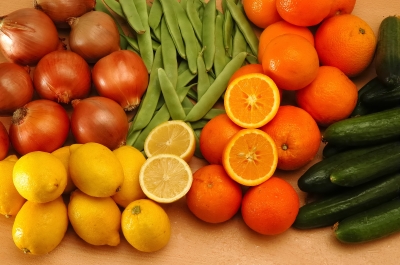
One of the best and easiest ways to decrease inflammation is increasing your fruit and vegetable intake. Not only do they help with weight loss, but also contain antioxidants, carotenoids, quercetin, and loads of vitamins that lower inflammation. Try all colors! Bright colored produce, leafy greens, and “purple” fruits help fight inflammation. These include:
- Broccoli, Celery, Beets, Kale
- Cabbage, Bok Choy, Swiss Chard
- Cherries, Raspberries, Blackberries, Blueberries, Pineapple
Anti-inflammatory Fats:
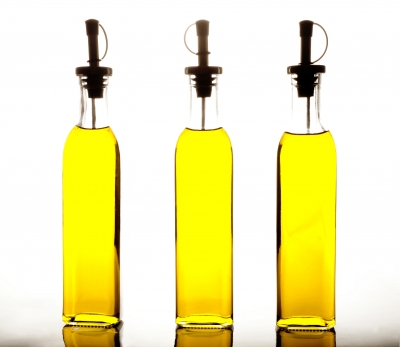
While saturated fats cause inflammation, weight gain, heart disease, and a whole slew of conditions, mono-unsaturated and poly-unsaturated fats help control inflammation. Omega-3 and Omega-6 fatty acids are great examples of anti-inflammatory fats. These “good” fats also help lower LDL cholesterol and triglycerides, help with blood pressure, and decrease blood clotting and risk of heart attacks. Examples of good sources of anti-inflammatory fats include:
- Virgin olive oil, Avocado oil, Flaxseed oil, Walnut oil, & Hempseed oil
- Whole Avocados
- Chia seeds, Flax seeds
- Almonds, Cashews, Pistachios, Walnuts
- Avoid candied, honey roasted, or heavy salted nuts
- Keep in mind that nuts are high in calorie, so servings should be limited to a handful a day.
- Mackerel, Lake trout, Herring, Sardines, Albacore, Tuna, Salmon
- AVOID FRIED!!!
Herbs and spices:
They have several antioxidants and boost the body’s natural ability to reduce inflammation. These include:
- – Turmeric, oregano, rosemary
- – Ginger, green tea
Whole grains:
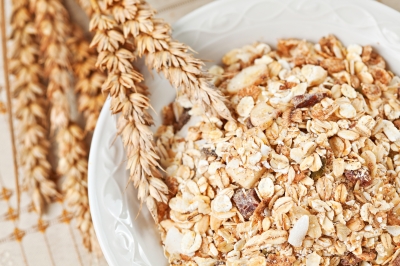
Unrefined grains are usually higher in fiber, which can help with inflammation. Try replacing carbs with more whole grain alternatives. These include:
- Oatmeal, brown rice
- Whole grain bread, rice and pasta
- Quinoa, yams, plantains
Foods To Avoid
While the above mentioned foods help fight inflammation, there are foods have been associated with increasing inflammation in the body. As a general rule, you should try to avoid highly processed foods, overly greasy foods, and super sweet foods. Some of these foods include:
Refined starches and sugary foods:
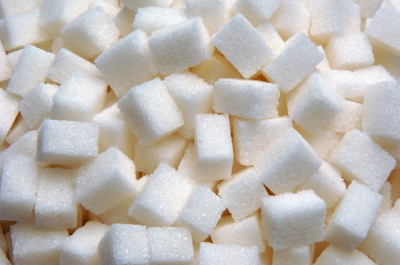
Usually, they do not have many nutrients and can lead to cholesterol issues, changes in blood sugar, and weight gain (all increasing inflammation).
- – Sugar (any added sugar)
- – Soda and sweet drinks
- – Refined flour, Gluten
- – Foods with high glycemic index
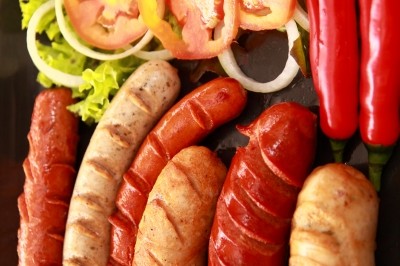
High-fat and processed red meat:
These foods are high in saturated fats, increasing inflammation:
- – Sausage, bacon, hot dogs, etc
- – Other high-fat meats
Butter, whole milk, and cheese:
Again, the problem is saturated fat. Instead, eat low-fat dairy products.
Fried Food:
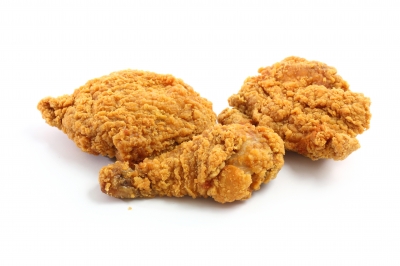
Cooking them in vegetable oil does not make them healthy. Even if you use oils high in Omega 6, too much affects the Omega 3/Omega 6 balance, leading to more inflammation.
Nightshade Vegetables:
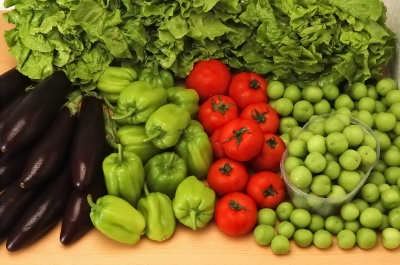
Some people state that they experience pain and inflammation when eating nightshades. Nightshades continue glycoalkaloids, which has been shown in some studies to cause inflammation. However, these vegetables affect people differently, and not everyone that eats them will have inflammation. The nightshades include:
- Tomatoes, Tomatillos
- Eggplants
- Potatoes
- Tobacco
- Peppers (bell peppers, chili peppers, paprika, tamales, tomatillos, pimentos, cayenne, etc.
References
Esposito, K, & Giugliano, D 2006, ‘Diet and inflammation: a link to metabolic and cardiovascular diseases’, European Heart Journal, vol. 27, no. 1, http://www.onlinejacc.org/content/48/4/677
Aeberli, I, Gerber, PA, Hochuli, M, Kohler, S, Haile, SR, Gouni-Berthold, I, Berthold, HK, Spinas, GA, & Berneis, K 2011, ‘Low to moderate sugar-sweetened beverage consumption impairs glucose and lipid metabolism and promotes inflammation in healthy young men: a randomized controlled trial’, The American Journal Of Clinical Nutrition, vol. 94, no. 2, https://www.ncbi.nlm.nih.gov/pubmed/21677052
“Lump Sugar”, Image courtesy of Suat Eman at FreeDigitalPhotos.net
“Ingredients And Condiment”, Image courtesy of Khotcharak at FreeDigitalPhotos.net
“Fruits And Vegetables”, Image courtesy of Suat Eman at FreeDigitalPhotos.net
“Bottles Of Olive Oil”, Image courtesy of m_bartoschat at FreeDigitalPhotos.net
“Bowl Of Muesli For Breakfast”, Image courtesy of Serge Bertasius Photography at FreeDigitalPhotos.net
“Seeds On Wooden Spoon”, Image courtesy of adamr at FreeDigitalPhotos.net
Sausages, Image courtesy of savit keawtavee at FreeDigitalPhotos.net
“Butter Isolated On The White Background”, Image courtesy of khumthong at FreeDigitalPhotos.net
“Cheese”, Image courtesy of Suat Eman at FreeDigitalPhotos.net
“French Fries”, Image courtesy of artemisphoto at FreeDigitalPhotos.net
“Fried Chicken”, Image courtesy of piyato at FreeDigitalPhotos.ne






